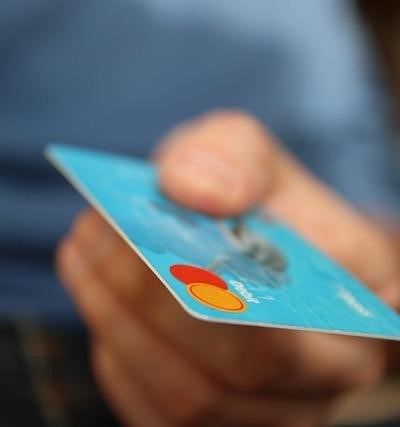
Navigating the world of credit cards can be challenging, especially for those with less-than-perfect credit histories. While the lure of «easy credit» is strong, it’s crucial to understand the potential pitfalls, particularly with cards lacking Verified by Visa (VBV) or similar security protocols. This article will advise you on the risks associated with non-VBV credit cards and offer safer alternatives.
Understanding the Risks
Non-VBV credit cards often target individuals with poor credit, offering them access to credit they might otherwise be denied. This includes those seeking subprime credit cards, high-interest credit cards, or credit cards for bad credit. While seemingly helpful, these cards frequently come with extremely high interest rates (high-APR credit cards) and hidden fees, quickly leading to unmanageable credit card debt.
The absence of VBV significantly increases the financial risk. VBV adds an extra layer of security, requiring verification before a transaction is approved. Without it, your card is more vulnerable to fraudulent activity. This leaves you exposed to significant financial losses and a damaged credit score.
Predatory Lending Practices
Many issuers of non-VBV credit cards engage in predatory lending. They prey on individuals’ desperation for credit, often burying consumers under a mountain of fees and exorbitant interest rates. This can quickly spiral out of control, resulting in crippling credit card debt and severely impacting your credit score impact.
Safer Alternatives
Instead of risking your financial well-being with non-VBV credit cards, consider these safer options:
- Secured credit cards: These require a security deposit, which serves as your credit limit. They are ideal for building credit and are less risky than unsecured high-interest options.
- Near-prime credit cards: These are designed for individuals with fair credit scores, offering better terms than subprime cards but still requiring careful management to avoid credit card risks.
- Credit repair: If your credit score is significantly damaged, focus on credit repair before applying for any credit card. This involves addressing negative marks on your report and establishing a positive payment history.
Debt Management Strategies
If you’re already struggling with credit card debt, seek professional help. Debt management plans can help you consolidate debt, lower interest rates, and create a manageable repayment schedule. Remember, proactive steps are key to avoiding further financial risk.
While the convenience of a credit card is undeniable, choosing the right one is paramount. Avoid the temptation of non-VBV credit cards, as their lack of security and high interest rates can lead to serious financial problems. Prioritize your financial health by opting for safer alternatives and implementing sound debt management strategies.

This article provides a much-needed warning about the dangers of non-VBV credit cards. The clear explanation of the risks associated with these cards, particularly for those with poor credit, is invaluable. The section on predatory lending practices is especially insightful and highlights the importance of careful consideration before applying for any credit card.
I appreciate the straightforward and easy-to-understand language used throughout the article. The explanation of VBV and its importance in protecting against fraud is particularly well-done. This article is a great resource for anyone looking to improve their financial literacy and make informed decisions about credit.
A very informative and timely piece. The comparison of risky non-VBV cards with safer alternatives like secured and near-prime cards is extremely beneficial. This article should be widely shared to help protect consumers from predatory lending practices.
Excellent overview of the risks associated with non-VBV credit cards. The advice to explore secured credit cards and near-prime options as safer alternatives is practical and helpful. The article successfully balances providing essential information with actionable advice for readers.